As a pivotal hub for data centers and cloud computing in Asia, Hong Kong and the Greater Bay Area (GBA) are uniquely positioned to lead the charge toward a sustainable digital future. The region is witnessing a surge in data center investments, driven by the growing demand for interconnected services and solutions. This growth is further fueled by mainland China's need for reliable cross-border cloud services, reinforcing the importance of Hong Kong and the GBA in the global cloud ecosystem.
In 2025, companies in Hong Kong and the GBA will play a vital role in advancing sustainability within the data center sector. Many firms are prioritizing eco-friendly technologies and practices, enhancing operational efficiency while minimizing environmental impact. Virtualization continues to be a cornerstone of data center optimization, enabling these companies to significantly boost server utilization and resource efficiency.
Join us at the 2025 Hong Kong and Greater Bay Area Cloud & Datacenter Convention to explore these critical themes. This event will focus on sustainable growth strategies, investment opportunities, and the transformative power of AI and automation. Industry leaders and experts from Hong Kong and the GBA will gather to discuss how to navigate the challenges and opportunities in this rapidly evolving landscape. Together, we will examine ways to build trust and resilience in the age of sustainability while shaping a future-ready workforce for the Greater Bay Area and beyond.
Through collaboration and innovation, companies in Hong Kong and the GBA are setting benchmarks for data center operations, influencing practices across the Asia-Pacific region, and ensuring a sustainable digital future.






As the world navigates through economic shifts and rapid technological advancements, understanding the future data centre landscape and demand drivers is essential. This session will first explore the emerging trends and outlook in the global and Hong Kong data centre market, followed by a discussion on how Hong Kong can leverage these trends and its strategic advantages, particularly through integration and cooperation with the other Greater Bay Area (GBA) cities, to seize future opportunities in data centre development, resource sharing, and innovation, thereby enhancing the GBA‘s role as a regional digital hub. By fostering partnerships with GBA cities, Hong Kong can also optimize its data centre capacity and strengthen its competitive edge in the global market.


As demand for cross-border cloud services grows, seamless integration between Mainland China and the global digital ecosystem has become a top priority for enterprises and cloud providers. This session examines the unique challenges and opportunities of delivering reliable, compliant, and efficient cross-border cloud solutions. It explores strategies for addressing regulatory requirements, ensuring low-latency connectivity, and fostering innovation in hybrid and multi-cloud environments.
The discussion will also highlight how strategic locations like Hong Kong, alongside other Greater Bay Area hubs, facilitate robust interconnection, enabling businesses to meet the evolving digital needs of Mainland China while maintaining global competitiveness.
Key Discussions
1. What are the major pain points for carriers and cloud providers when establishing low-latency, compliant interconnectivity between China and the global internet?
2. How are geopolitical tensions, regulatory reviews, and cable project delays (e.g., SJC2, Pacific Light Cable Network issues) affecting regional interconnect plans?
3. How are carriers and IXs navigating China’s strict peering policies, new licensing requirements for cross-border services, and restrictions on international gateways?
4. Given the political and operational realities, are we seeing more partnerships or competitive tensions among carriers, hyperscalers, and neutral interconnect providers bridging China to global markets?






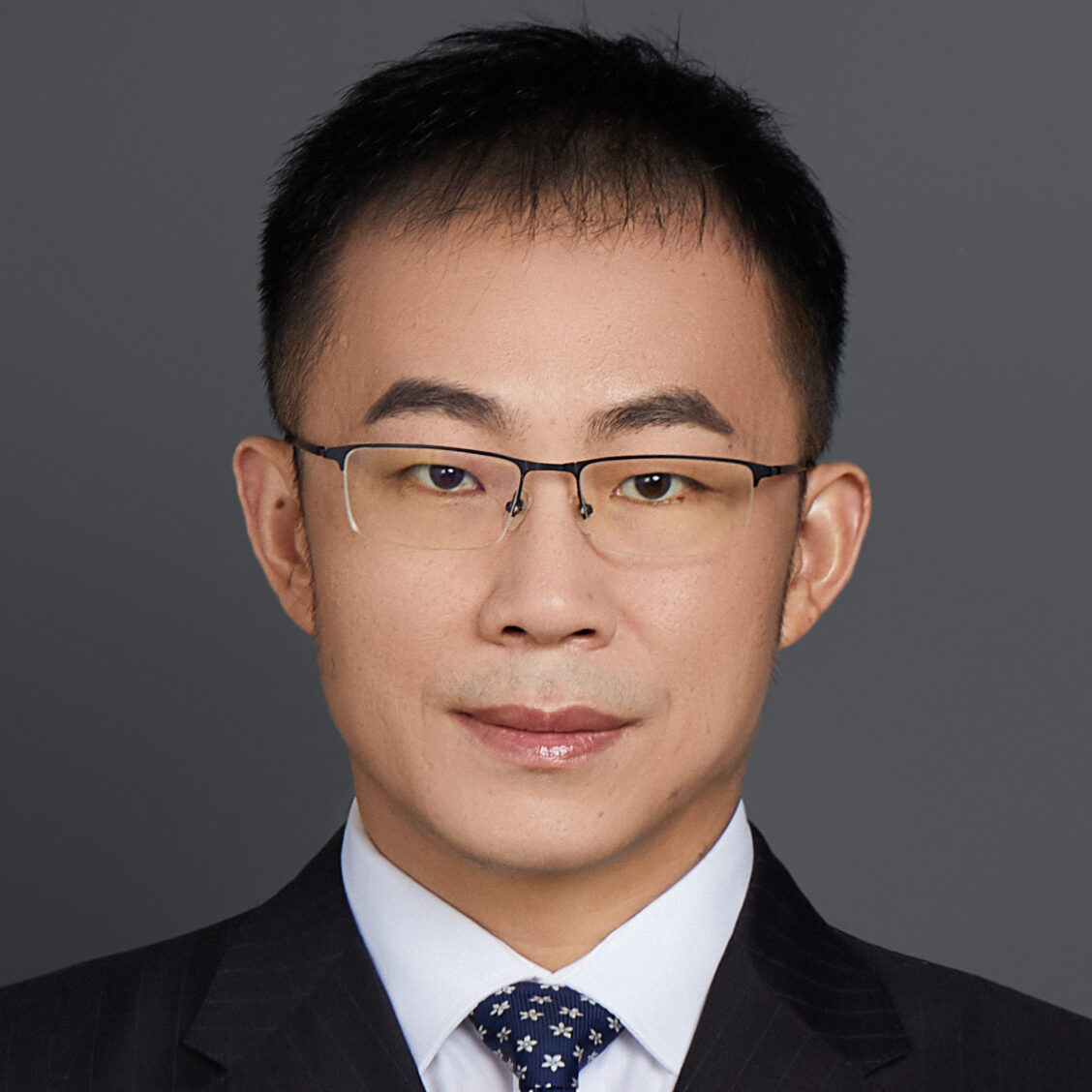


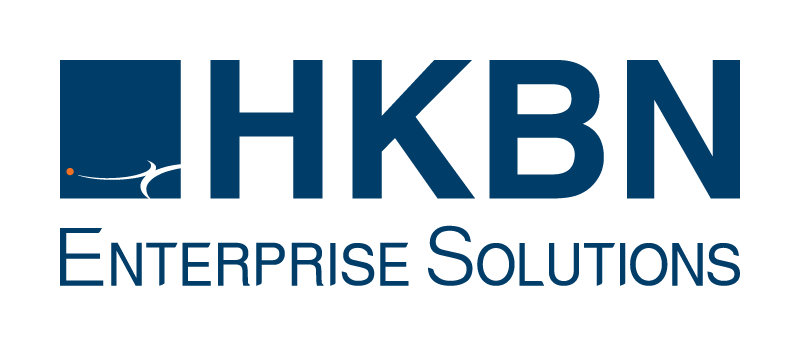
As AIGC advances rapidly, traditional low – power cabinet – based colo data centers can no longer meet the demand and must be upgraded to high-density computing ones. In this process, besides higher power density, cooling capacity has become the transformation bottleneck. With NVIDIA GB200 entering the market, data center liquid cooling is becoming the next – gen cooling solution. This topic will explore the mainstream cooling methods of next – gen AIDCs, and quick & low – cost liquid cooling retrofit solutions, to build high – spec AIDCs for competitiveness in the upcoming high – computing – DC market


This panel explores the evolving dynamics between Hong Kong and Singapore — how Hong Kong’s continued dominance in finance contrasts with Singapore’s leadership in digital infrastructure and innovation ecosystems.
Key Discussions
1. How does Hong Kong maintain its position as Asia’s financial powerhouse despite rising geopolitical risks?
2. Why are investors treating Hong Kong and Singapore as hubs for different kinds of investments?
3. Why are hyperscalers, cloud providers, and digital asset players increasingly favoring Singapore?
4. How are investors balancing political risk, regulatory uncertainty, and growth potential between the two cities?
5. Over the next 5–10 years, where will innovation clusters, AI workloads, and next-gen digital infrastructure be more heavily concentrated?
6. Are cities like Tokyo, Seoul, Johor, or Batam benefitting from the Hong Kong–Singapore dynamic?
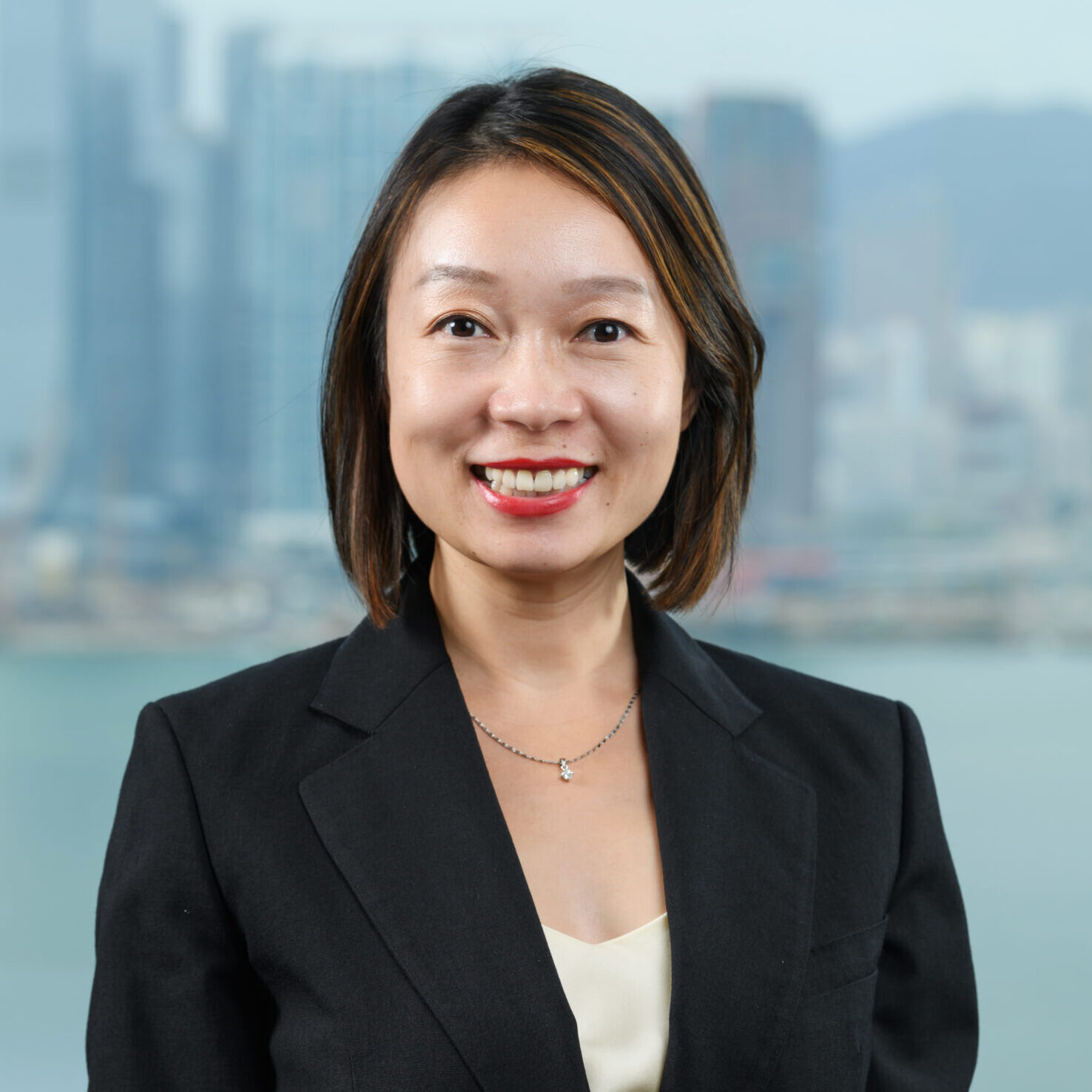







The Greater Bay Area (GBA) presents an opportunity to be the global hub for AI innovation, blending international advancements from leaders like NVIDIA and AMD with cutting-edge developments from Chinese giants such as Huawei, headquartered in Shenzhen. This session brings together industry experts to explore how AI and automation are transforming data center operations, from optimizing energy efficiency to enhancing predictive maintenance and cybersecurity, positioning the GBA as a leader in next-generation digital infrastructure.





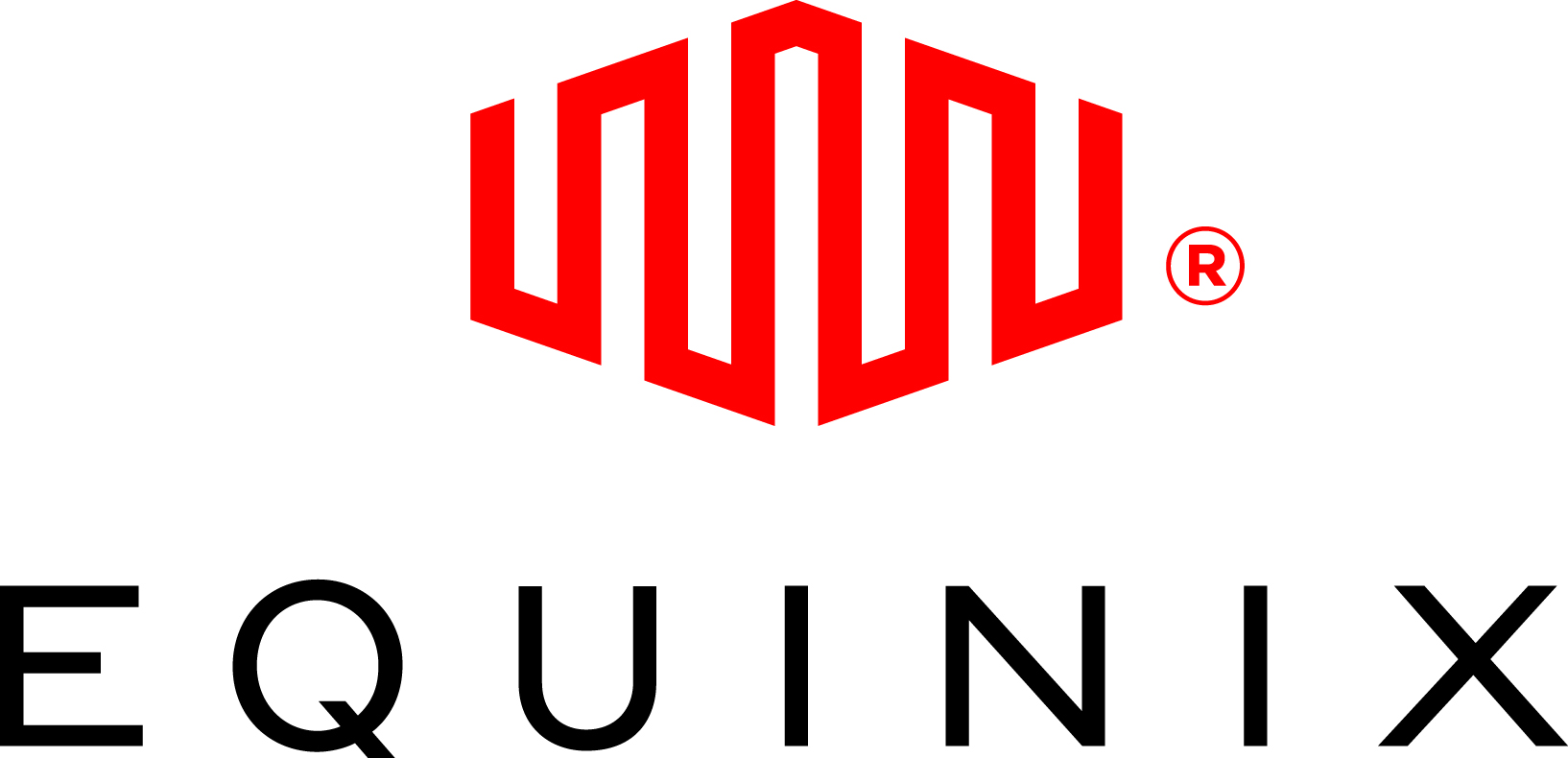


A Roadmap to the implementation of a sustainable, resilient and (net zero compatible) energy infrastructure for data centres in Hong Kong
Hong Kong stands at a critical crossroads. As global enterprises demand stronger ESG compliance and as new HKEX climate disclosure rules take effect from 2025, digital infrastructure players — from data centers to cloud providers — must urgently align with sustainability mandates.
At the same time, Hong Kong’s role as a strategic gateway to Mainland China and international markets raises the stakes for meeting evolving environmental standards.
This session brings together leading CIOs, cloud providers, and data center executives to explore which are the pillars on which sustainability is built: Decarbonized Power, Energy Efficiency, Carbon Intensity, Carbon Taxes/Incentives, and how the implementation of such pillars is fast becoming a license to grow, operate, and win business in Hong Kong’s rapidly evolving tech company.
Key Topics:
1. How the world is facing the data centers sustainability challenge and how Hong Kong’s new ESG and climate disclosure regulations are changing business requirements for digital infrastructure providers.
2. Understanding the pillars of DC’s sustainability: renewable energy sourcing, energy efficiency, advanced cooling, modular builds, and smarter energy management.
3. Customer and investor pressure: How enterprise procurement and capital access are increasingly linked to sustainability commitments.
4. The risks of lagging behind: Loss of international customers, rising operational costs, and reputational risks.
5. Practical steps for CIOs and tech leaders: Preparing for Scope 1, 2, and 3 carbon reporting in IT operations.


While data centers are engineered for uptime, the threat of fire remains one of the most catastrophic — yet often underestimated — risks. Recent incidents globally have shown that even Tier III and Tier IV facilities are not immune to electrical faults, battery fires, and human error. This panel will dive into the real-world causes of fires in data centers, how tenants can assess fire readiness when choosing or auditing a provider, and how operators must evolve their risk mitigation strategies in a world of higher rack densities, lithium-ion batteries, and AI-driven power loads.
Key Discussions
1. With AI clusters and 100kW+ racks coming, is fire risk management keeping pace with the density and power escalation we’re seeing?
2. Should data centers now offer fire safety guarantees — not just uptime guarantees — in their SLAs?
3. If a tenant has concerns about a facility’s fire readiness, what recourse should they have before signing or renewing a contract?
4. Is enough being done to train operational teams on fire risk management — or is it still treated as a compliance checkbox?
5. One action every operator should take this year to strengthen operational resilience through better people strategies — what would it be?




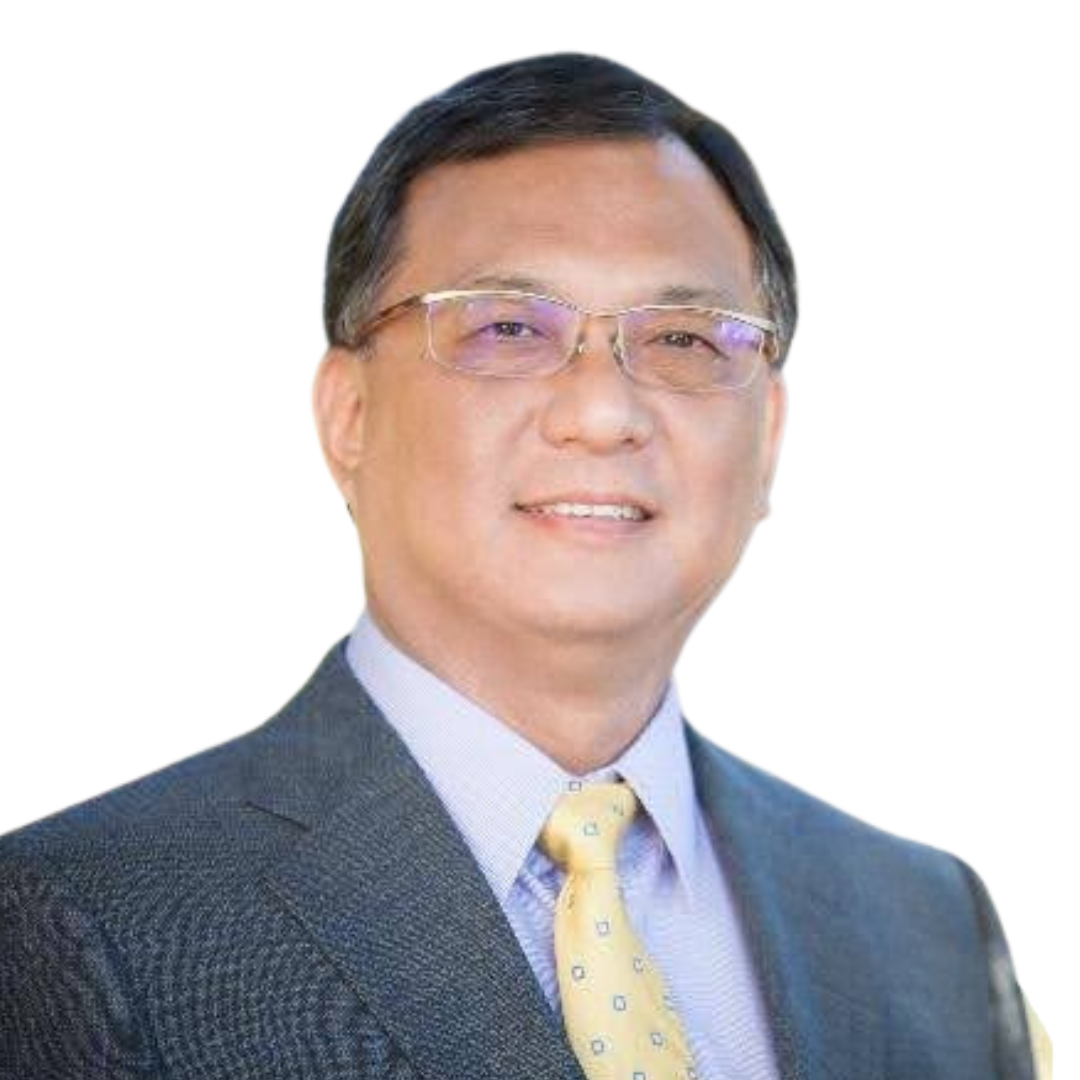



As artificial intelligence reshapes our digital infrastructure, data centers face unprecedented challenges. Today’s AI workloads demand 30-120kW per rack, straining traditional designs and exposing critical vulnerabilities. Our industry stands at a pivotal junction where power distribution systems falter, cooling solutions reach their limits, and investment models struggle to balance long-term infrastructure with rapidly evolving AI hardware requirements. As our research highlights, these technical constraints create significant business risks – from stranded assets to compromised reliability. This presentation examines how these challenges threaten operational continuity and financial viability in the AI-driven landscape.


Despite the promise of advanced cooling technologies like immersion, direct-to-chip, and AI-optimized systems, widespread adoption across data centers remains slow. Why are owners still hesitant to make the leap, even as AI workloads surge and sustainability targets tighten? This candid panel will explore the real barriers—cost fears, tenant pressures, operational risks, and short-term investment mindsets—and debate what it will take to shift from cautious pilots to mainstream deployment across Greater China and Asia.
Key Discussions
1. CAPEX vs OPEX: Why upfront cost remains the biggest hurdle
2. Are tenants willing to pay for efficiency?
3. Perceived vs. real risks of new cooling systems
4. Retrofitting headaches: When is it truly worth it?
5. The private equity dilemma: Can fast-exit investors think long-term?
6. What will move the needle first—regulations, customers, or competitors?






Hyperscalers are redefining the rules of the game — demanding faster builds, greener operations, and lower lease rates. Traditional data center models are under pressure like never before. This keynote will explore how operators must shift from simply leasing space to delivering full-stack value — through smarter designs, energy innovation, service differentiation, and deeper tenant partnerships.
Operators who fail to evolve risk margin erosion and irrelevance; those who adapt can become indispensable players in the next phase of digital infrastructure growth.
Key Discussions
1. How much pricing power do hyperscalers now hold over data center operators?
2. Is there a structural reset of expectations on ROI and margins for data center builds?
3. Should operators rethink traditional wholesale/colocation strategies?
4. Can data center REITs and private equity investors adapt to longer, thinner return cycles?
5. Should operators or developers deepen strategic partnerships with hyperscalers rather than just being vendors?
6. How GPU clusters are reshaping cooling, power density, and space planning?

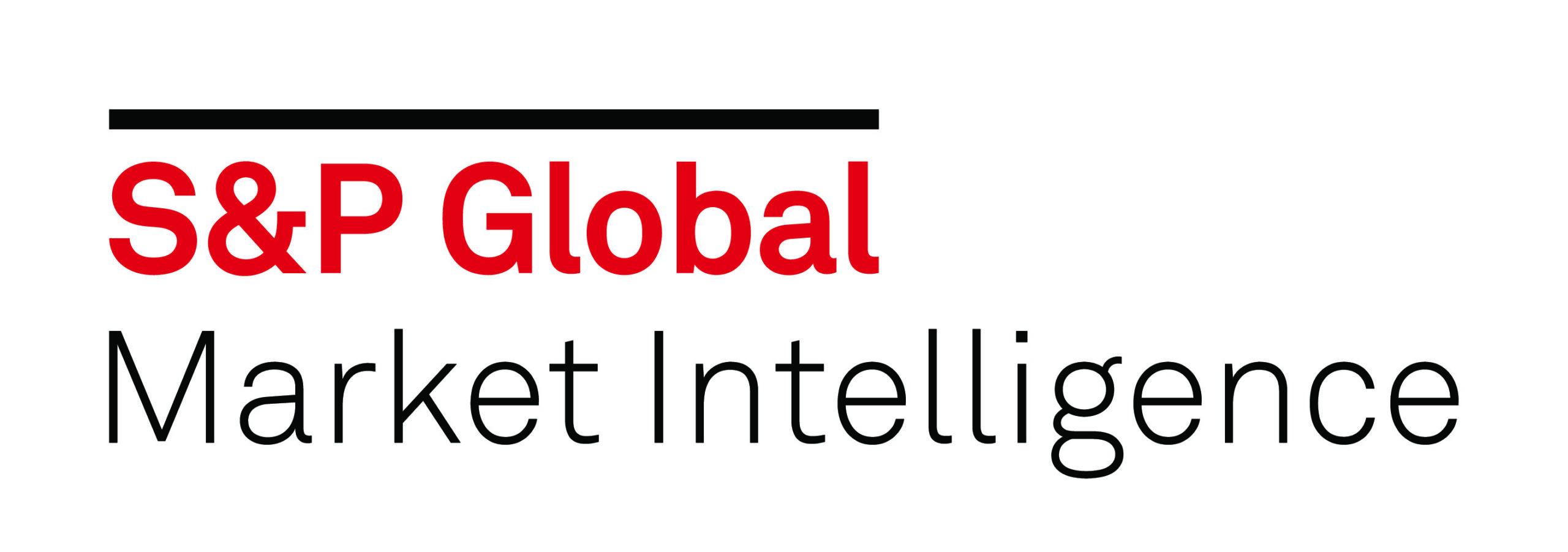




As the global race for AI dominance accelerates, Greater China is positioning itself with massive investments, infrastructure expansion, and industrial adoption. Yet challenges around technology access, global decoupling, and regulatory headwinds loom large. This closing panel brings together top thinkers across technology, infrastructure, and investment to explore where Greater China stands today — and whether it will define the future of AI-driven digital economies across Asia and the world.
Key Discussions
1. Where does Greater China lead today — and where does it still lag?
2. How critical is chip innovation and access to AI leadership?
3. Will the East and West build separate AI ecosystems — and what does that mean for interconnectivity?
4. The infrastructure race: Building AI-ready data centers, edge computing, and subsea connectivity.
5. What role will investment capital, policy, and global partnerships play?





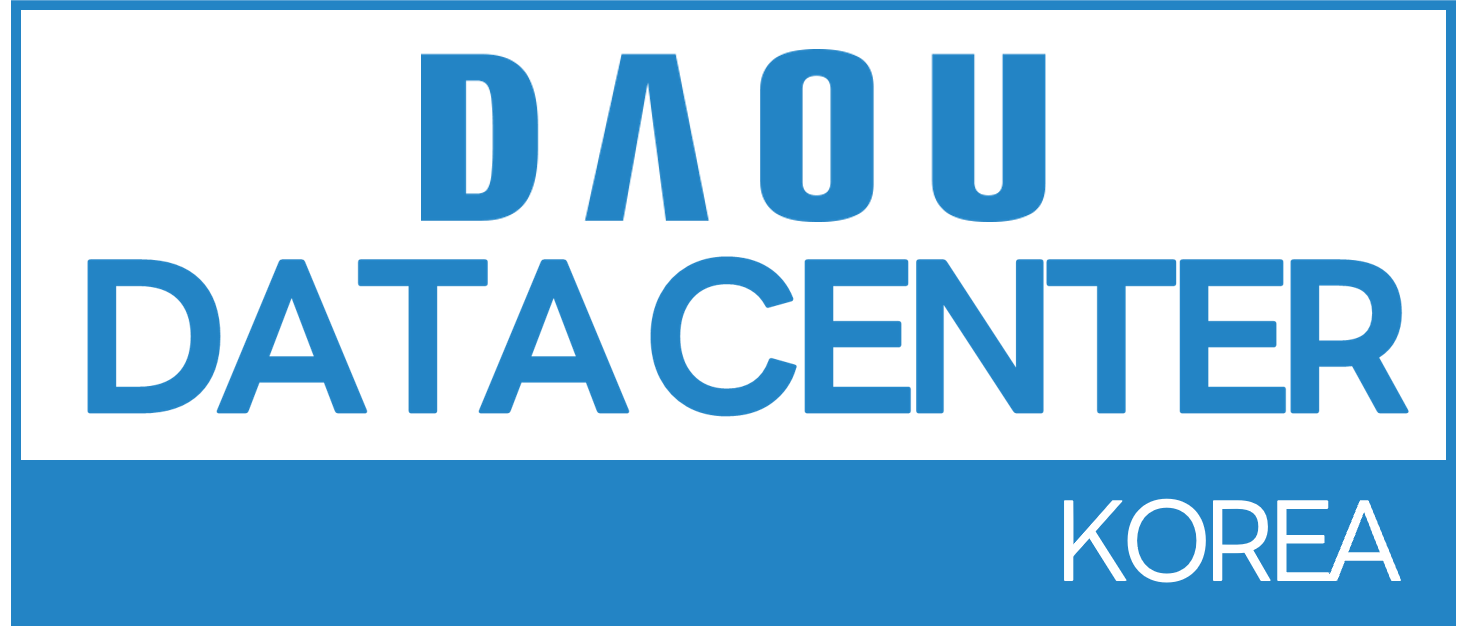


Please head to the registration area and bring the registration confirmation email with QR code which was sent to your email address. Badges will be printed on-site at the technology event.
Upon successful completion of registration through the Cloud and Datacenter Convention website, your QR code will be sent to your email address that you have input in the billing page.
Please wait up to 48 hours upon event registration for the confirmation email to be sent and do check your spam folder. If you still cannot find it, please contact us via [email protected].
Cloud and Datacenter professionals and media partners are welcome to attend for the technology discussions and networking opportunities. All attendees must register via the Cloud and Datacenter Convention event page.
It is recommended to register online at the Cloud and Datacenter Convention event page website to prevent any delays on event day.
Participation in multiple technology events is welcome to attendees. W.Media hosts over 25 global events across APAC and beyond. In many cases, global companies and VIP delegates and speakers will travel overseas to attend multiple Cloud and Datacenter Conventions.
To find more information on sponsorship opportunities, including on-site branding, exhibitor booths, speaking slot, digital branding, lead generation, and more, please fill out the inquiry form here.
The 2025 Cloud and Datacenter Convention event pages for each of our events will have the most up to date information including the timings, location, agenda, speaker and sponsor list, and more.
Complimentary breakfast, coffee and tea, lunch, and evening networking drinks will be provided for attendees on a first come, first served basis in the expo area.
There will not be a live stream of the event, however there will be coverage of the event, including photographs and interviews as well as articles regarding the event, will be published by W.Media and other media partners.
This content will be posted to the W.Media LinkedIn page, the Cloud and Datacenter Convention Page, the W.Media Newsletter and to the W.Media website and Centerstage page.
If you are interested in becoming a media partner, please contact us at [email protected].